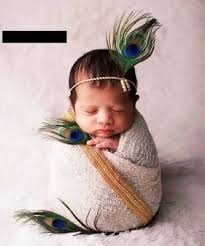First-Born Children:
Typically seen as responsible, achievement-oriented, and conscientious. First-borns often exhibit leadership qualities, are reliable, and tend to be perfectionists. They might also display characteristics of being authoritative and protective.

Middle Children:
Often characterized as diplomatic, sociable, and adaptable. Middle children tend to be more flexible, peacemakers within the family, and skilled at navigating social dynamics. They might also develop a sense of independence due to having older and younger siblings.

Youngest Children:
Often perceived as outgoing, charming, and creative. Youngest siblings might be more risk-taking, humorous, and tend to seek attention. They might also be more comfortable with taking unconventional paths due to the freedom provided by older siblings.

Only Children:
Unique in their upbringing, only children might exhibit traits of both first-borns and youngest children. They tend to be mature, conscientious, and achievement-oriented like first-borns, while also enjoying the attention and independence typically associated with younger siblings.
While birth order theory provides general trends, individual differences, family dynamics, and other external factors can also significantly shape personality development. Parenting styles, cultural influences, and personal experiences all play crucial roles in shaping who we become regardless of birth order.Understanding the potential impact of birth order on personality traits can offer insights into family dynamics and how individuals might interact within various social and professional settings. However, it's important to remember that these theories provide broad guidelines and not fixed rules for personality development.



You must be logged in to post a comment.